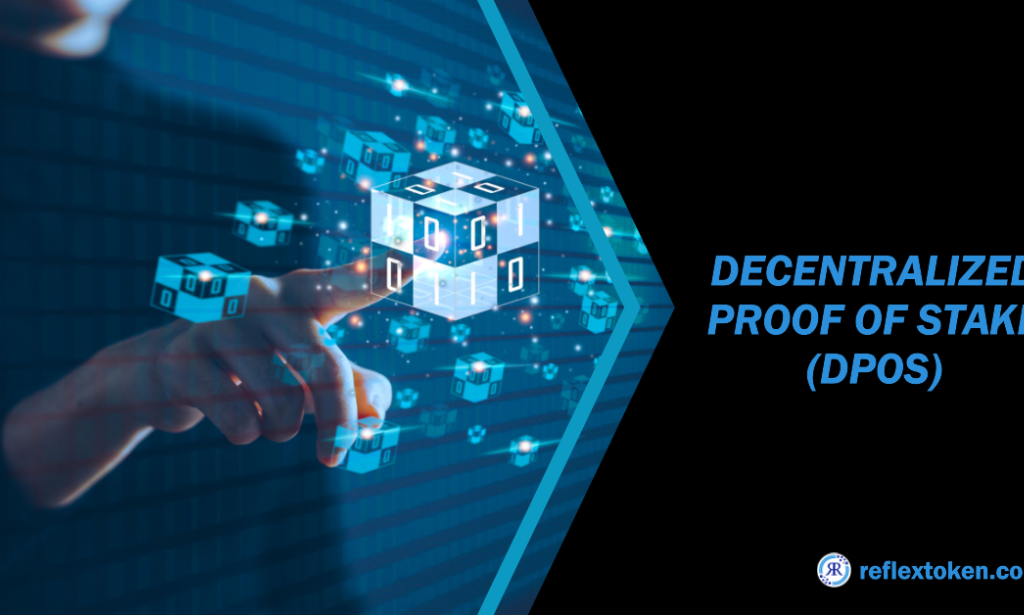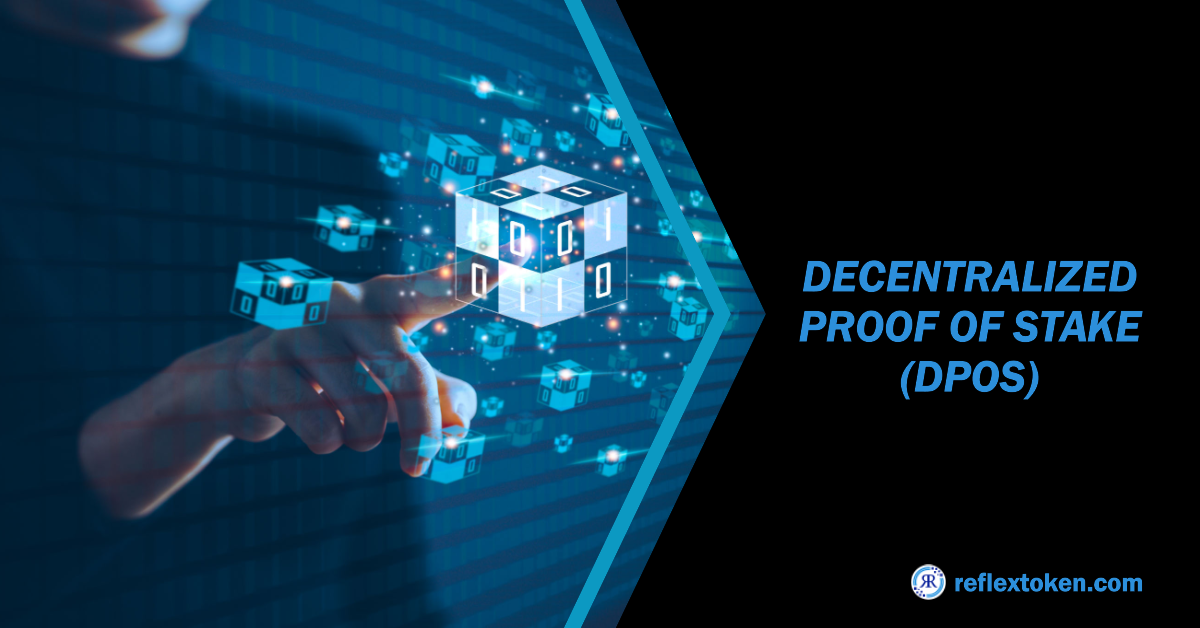AKA you saw the news about Reflex Token launcing its new chain REC20 soon based on DPOS and the question strikes you like "WTH is DPOS ???".
DPOS stands for Delegated Proof of Stake, a consensus mechanism used by some blockchain networks to secure and validate transactions. In this blog post, I will explain what DPOS is, how it works, and what are its advantages and disadvantages for beginners.
What is DPOS?
DPOS is a variation of the Proof of Stake (POS) model, where network participants stake their tokens to become validators or delegates. Validators are responsible for creating new blocks and confirming transactions, while delegates are elected by token holders to represent their interests and vote on network decisions. The number of delegates is fixed and determined by the network parameters.
How does DPOS work?
In DPOS, token holders can delegate their voting power to one or more delegates, who act as their representatives in the network. Delegates can propose changes to the network rules, such as fees, block size, or reward distribution. These proposals are then voted on by all the delegates, and if they reach a certain threshold of approval, they are implemented.
Delegates also take turns to produce new blocks and validate transactions. Each delegate has a certain time slot to create a block, and if they fail to do so, they are skipped and their reward is reduced. This creates an incentive for delegates to be online and reliable. The blocks created by delegates are then verified by other delegates, and if they are valid, they are added to the blockchain.
What are the advantages and disadvantages of DPOS?
DPOS has some advantages over other consensus mechanisms, such as:
- It is fast and scalable, as it can process more transactions per second and achieve faster finality.
- It is energy-efficient, as it does not require intensive computation or mining hardware.
- It is democratic and inclusive, as it allows token holders to have a say in the network governance and choose their representatives.
However, DPOS also has some drawbacks, such as:
- It is vulnerable to centralization, as a few large token holders or delegates can dominate the network and influence its decisions.
- It is susceptible to corruption, as delegates can collude or bribe each other to gain more power or rewards.
- It is prone to social engineering, as delegates can manipulate or deceive token holders to gain their votes or support.
Conclusion
DPOS is a consensus mechanism that aims to balance security, performance, and governance in blockchain networks. It has some benefits over other models, but also some challenges and risks. As a beginner, you should do your own research and understand the pros and cons of DPOS before investing or participating in any DPOS-based network.
Note !!
This is just a broad definiton and to give you the idea on what's DPOS. However, these risks are not relevant for Reflex Token ($RFX).





You must be logged in to post a comment.